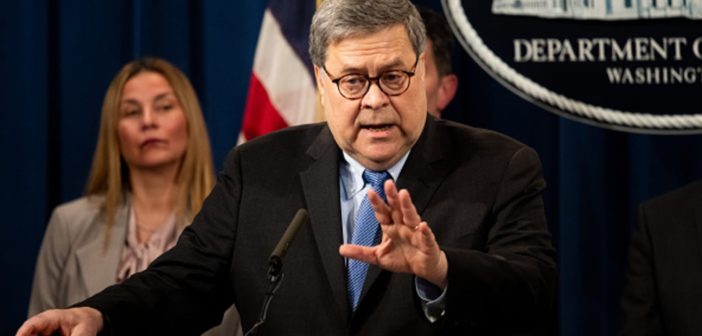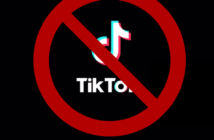By: Zachary Pottle, Contributing Writer
The agency wants Apple to open two devices connected to the Pensacola shooting
Just five years after the deadly shooting in San Bernadino that left 14 dead and 17 wounded, tech giant Apple once again finds itself amidst an FBI investigation aimed at its security and encryption policy. However, this time, the investigation is in regards to the case of the deadly Pensacola shooting of a United States naval base.
On the morning of Dec. 6, 2019, a deadly attack occurred at the Naval Air Station in Pensacola, killing three U.S. Navy sailors and injuring eight others, including two deputies who sustained gunshot wounds in the firefight. The assailant, later identified as Mohammed Saeed Alshamrani, a student from Saudi Arabia, was shot and killed by Escambia County sheriff deputies.
In the aftermath of the tragedy, the FBI opened an investigation into the perpetrator’s social media accounts to look for any signs of radical motivation or terrorist activity, which yielded compelling evidence towards terrorist motivations; enough so that on Jan. 13, 2020 Attorney General William P. Barr declared the shooting an act of terrorism. However, the investigation has come to a standstill, as, once again, the FBI finds itself roadblocked by Apple’s security policy.
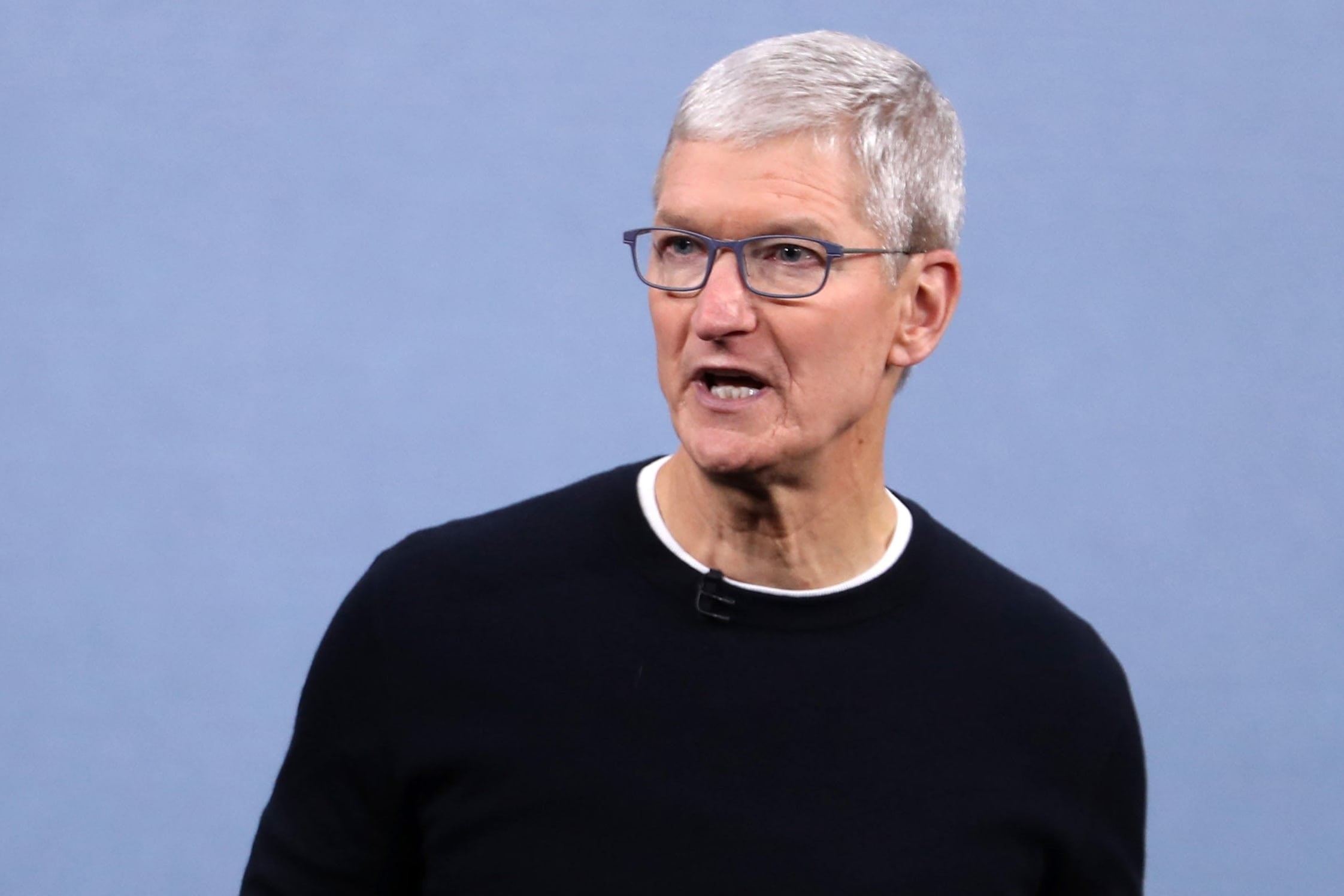
Apple is once again reluctant to decrypt the devices, citing user privacy. “We have always maintained there is no such thing as a backdoor just for the good guys,” the company said in a statement.
Currently, the FBI is asking Apple to open up the phone of the shooter so that they may gain insight into his connections and other possible terrorist targets. This has become, once again, the point of contention between these two. Be that as it may, it leaves one major problem: Apple does not hold the passcode to the shooter’s (or any customer’s, for that matter) iPhone. This would mean that the only way for Apple to do so would be to completely rewrite its security policy. This would mean that the new policy would ultimately have to be applied to every existing iPhone in use, something that Apple CEO Tim Cook said “would undermine the very freedoms and liberty our government is meant to protect.”
With the tensions between Apple and the FBI growing, the Trump Administration has begun to weigh in on the matter, with President Trump himself sending out the following tweet on Jan. 14, 2020:
“We are helping Apple all of the time on trade and so many other issues, and yet they refuse to unlock phones used by killers, drug dealers, and other violent criminal elements. They will have to step up to the plate and help our great country.”
Apple has responded to such claims in a press conference earlier this month.
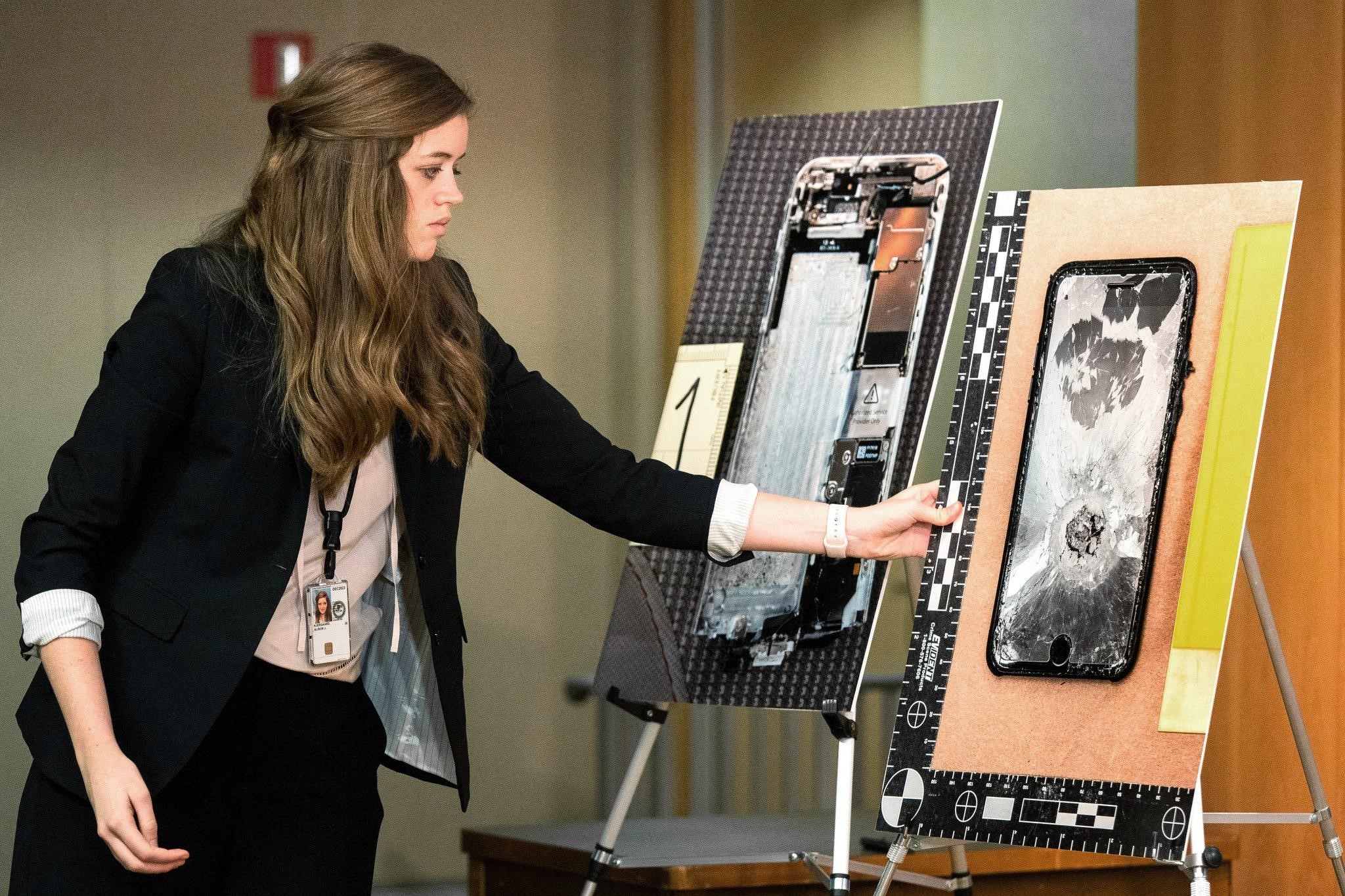
Two iPhones used by the gunman in a Pensacola, Fla., shooting are the focus of a fight between Apple and the Justice Department.
“We will work tirelessly to help them investigate this tragic attack on our nation,” but also that “encryption is vital to protecting our country and our users’ data.”
The FBI’s main argument comes by way of the Fourth Amendment, which allows the government to violate individual privacy in the interest of public safety, as the word “privacy” is not implicitly stated. Apple claims that this is the same “unlawful” treatment their company endured during the 2015 investigation into the San Bernadino shootings.
“By forcing one of America’s largest companies to crack open one of its iPhones, The federal government would violate the U.S. constitution,” said Saint Leo University’s Assistant Professor of Criminal Justice, Karin May.
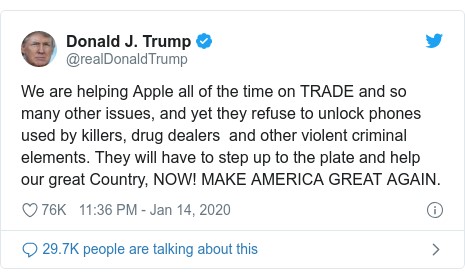
As President Trump and his administration continue to weigh in, a meeting in federal court is in the midst.
She continued by stating one of the biggest problems for law enforcement officers.
“[they]can remove bullets from a suspect as evidence in a crime, but [they]cannot unlock a cell phone to obtain information when it may affect our national security,” said May.
While the FBI continues to ask for Apple’s help, and Apple maintains its refusal, the two are in the beginning stages of preparations for a legal fight in the Justice Department. As tensions begin to grow, and now with the Trump administration starting to weigh in, it is clear that one will come out on top. With a court date yet to be determined, the question remains: where should the line between personal privacy and national security be drawn?

